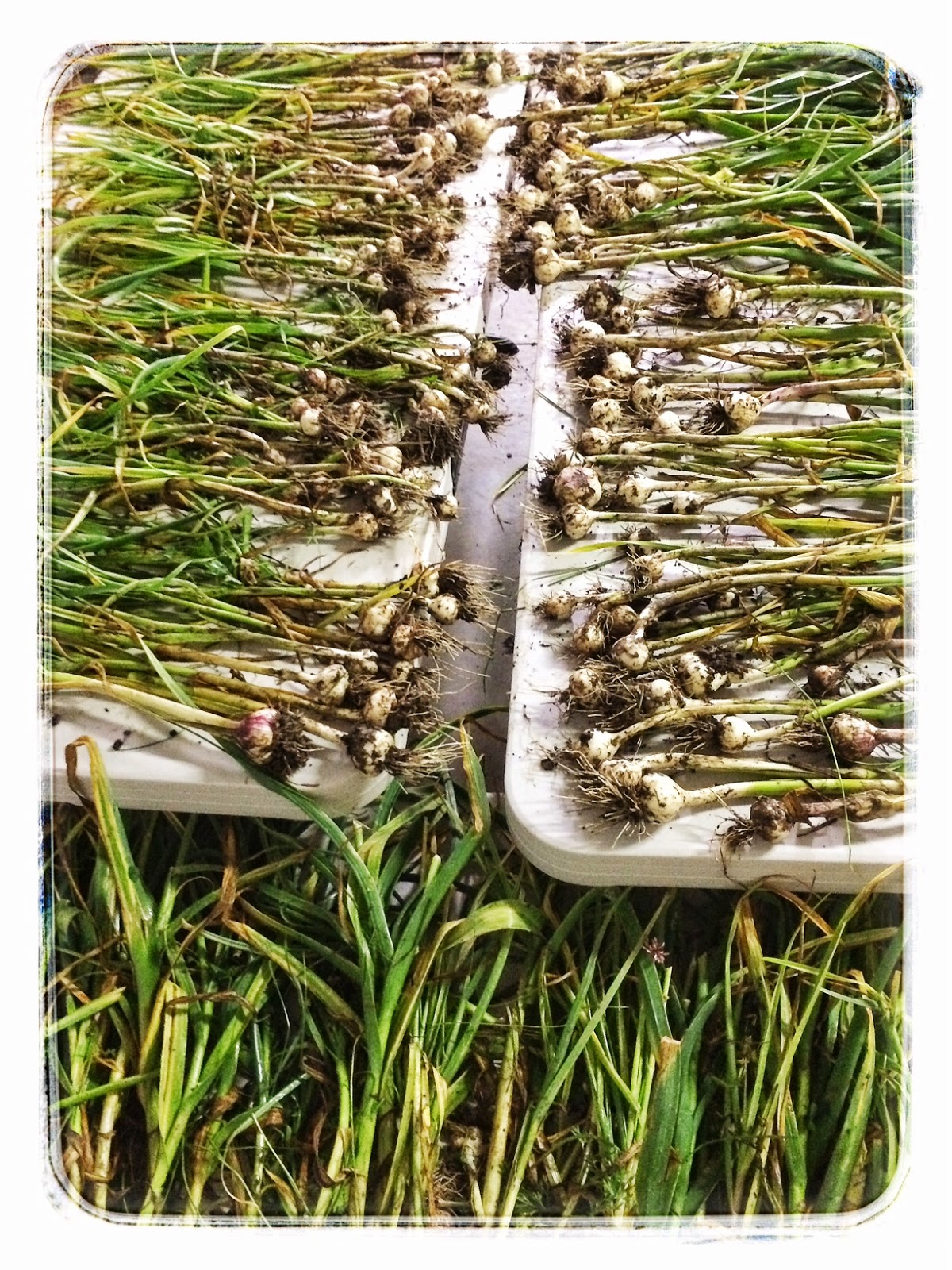It’s not hard to account
for potted houseplants. There is
something compelling about bringing some essence of the outdoors inside. Blossom and leaf. The green of living things. Nature’s nourishing aesthetic brought near. Houseplants, sure, but trees – as in Christmas
trees? Isn’t that a bit of space-consuming
overkill?
Innovative decorators, no
doubt trying to modernize and amp-up the accessory, once-upon-a-time reconceived
(ill-conceived?) the tree in silver foil colored by a rotating wheel on a
spotlight, but that proved a passing fad.
Given the fact that nature can be so natural, we allergy sufferers are
grateful that some creative genius came up with the idea of a more-or-less
authentic-looking artificial tree. But
faux, foil or real, why a tree at all?
The story is often
remembered and told about how Martin Luther, the 16th century Protestant
reformer, was walking home one winter evening and became enchanted by
the brilliance of stars twinkling amidst evergreens. Wanting to
recreate the scene for his family -- and apparently not wanting to bother them
with coats and gloves for a walk outside -- he cut a tree, set it up in the
main room and, in an act that screams "fire hazard", wired its
branches with lighted candles.
Other sources suggest that
the Christmas tree tradition goes back much earlier, to the Roman observance of
the Winter Solstice during which homes and temples were decorated with
evergreens to mark their trustful anticipation of the approaching but still-distant
time when farms and orchards would again be green and fruitful.
Supposedly the Druids asserted a similar confidence in nature's
resilience with evergreen decorations in the depth of winter.
 As have we. In
addition to the fancier version in our Great Room, a quite stately, if simpler,
companion graces a corner of the barn, keeping the nativity set company -- or
perhaps providing additional shelter. The objective rationale for its
installation out there was the holiday entertaining we hosted earlier in the
season in that austere setting. We drape off the miscellaneous tools
hanging on the walls and back out the heavier equipment to make room. The
concrete floor is easily swept and no one worries about spills on the
grease/hydraulic fluid/oil-stained floor. The tree seemed requisite
decoration.
As have we. In
addition to the fancier version in our Great Room, a quite stately, if simpler,
companion graces a corner of the barn, keeping the nativity set company -- or
perhaps providing additional shelter. The objective rationale for its
installation out there was the holiday entertaining we hosted earlier in the
season in that austere setting. We drape off the miscellaneous tools
hanging on the walls and back out the heavier equipment to make room. The
concrete floor is easily swept and no one worries about spills on the
grease/hydraulic fluid/oil-stained floor. The tree seemed requisite
decoration.
But we have left it up –
neglectfully, perhaps, but in a broader sense appropriately. There is, I think, something right about
nesting a promissory tree in that space to which the equipment of garden and
lawn and brush have been returned.
Dormant, for the most part now that winter is the prevailing reality,
the tree stands alongside tractor, mowers, chainsaws and carts as a trustful
reminder that the green blades of spring will return, along with saplings
reaching for light and compost ready to haul and spread. The tree in the corner of the barn anchors
our confidence that the tools will once again have their day.
The day is inexorably
approaching – my least favorite day of the year – when the decorations must
come down. The ornaments and special
candles will be sorted and boxed. The
wreaths will be stored along with the baubles and bows. We’ll stretch the use of winter dishes awhile
longer, but their day, too, will eventually come.
But the tree’s stately
assurance -- a kind of psychological bridge across winter -- will linger, even once its branches have been stripped of shiny
things and dangling memories of celebrations past and its sections have been
boxed and stored away. There are, I know, more theological symbols associated with its boughs, but just now -- on a morning that began at 4-degrees -- this subtler one is both reassuring and compelling: spring, and the
fruitful life it both beckons and occasions, is coming; indeed, is never that
far away.



























